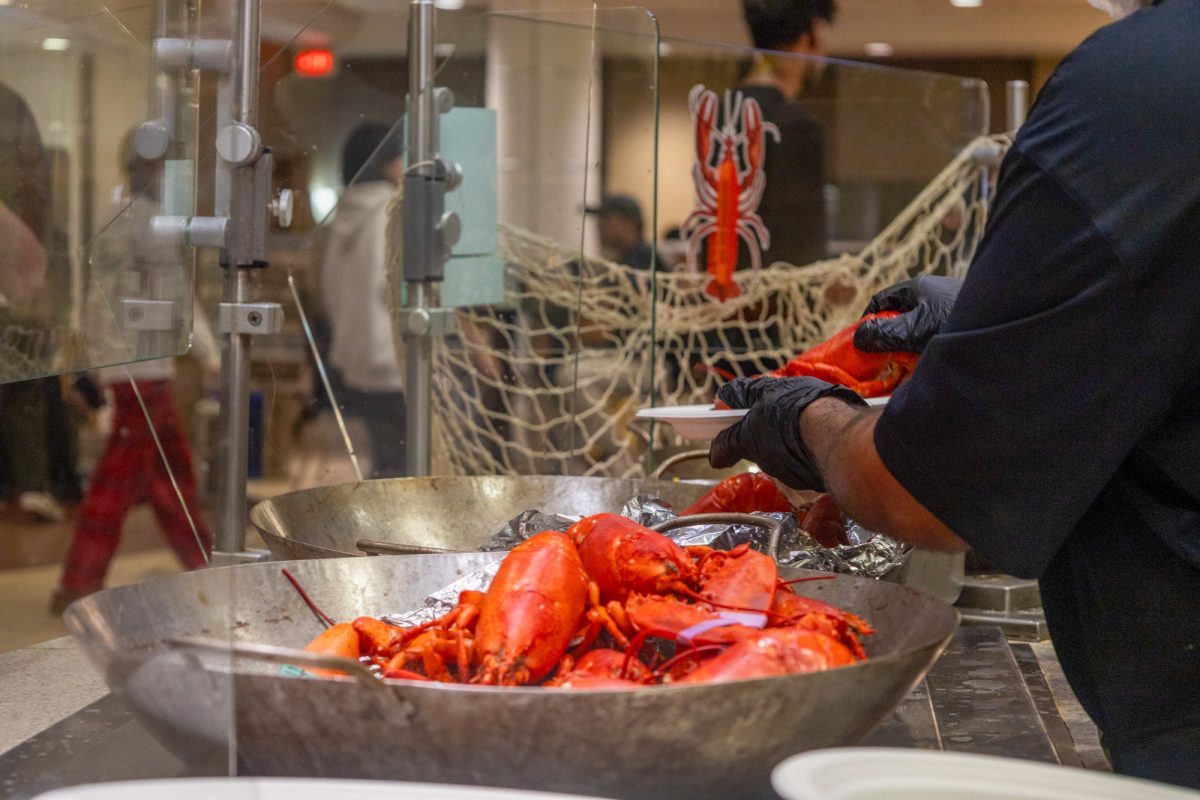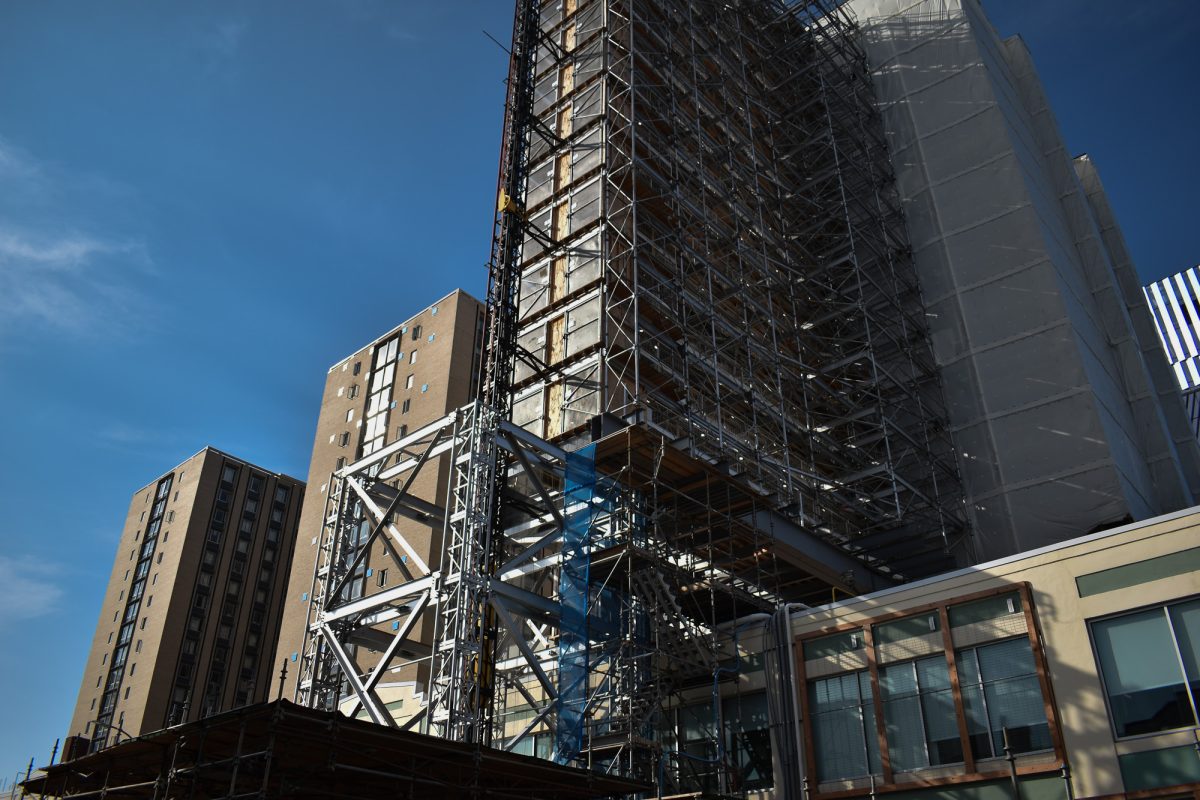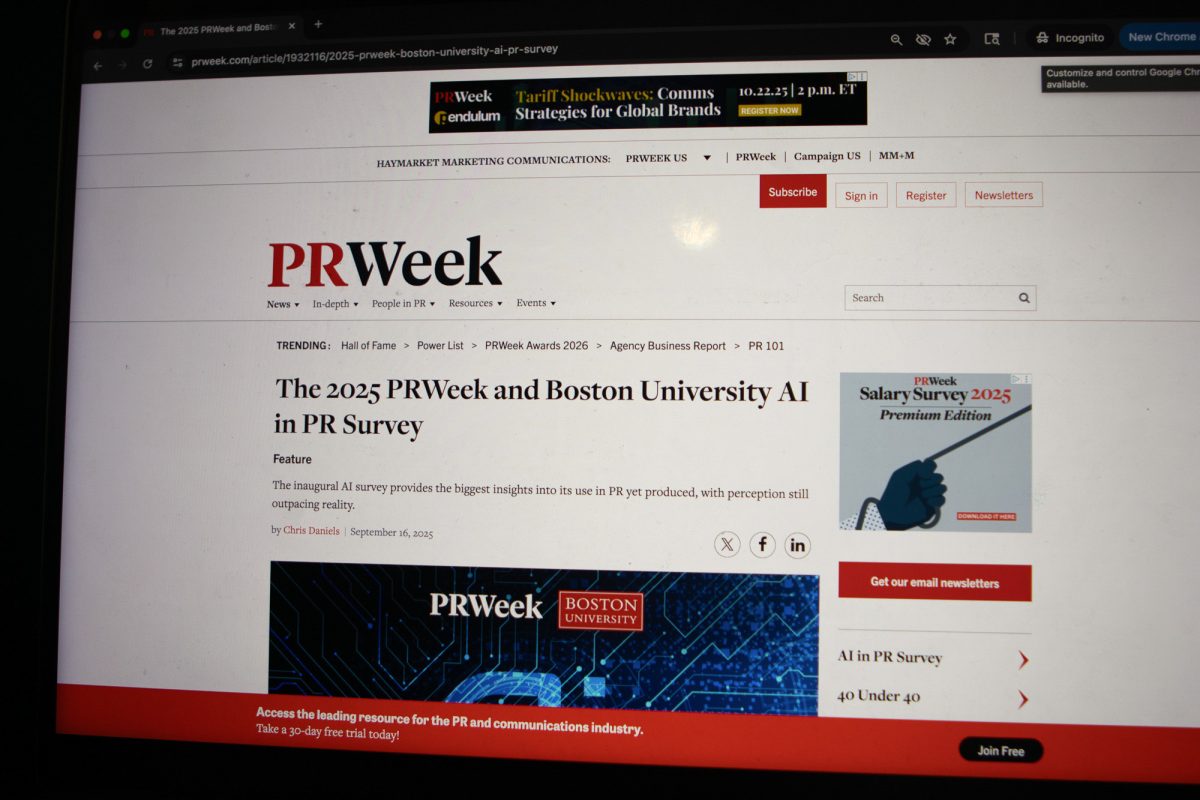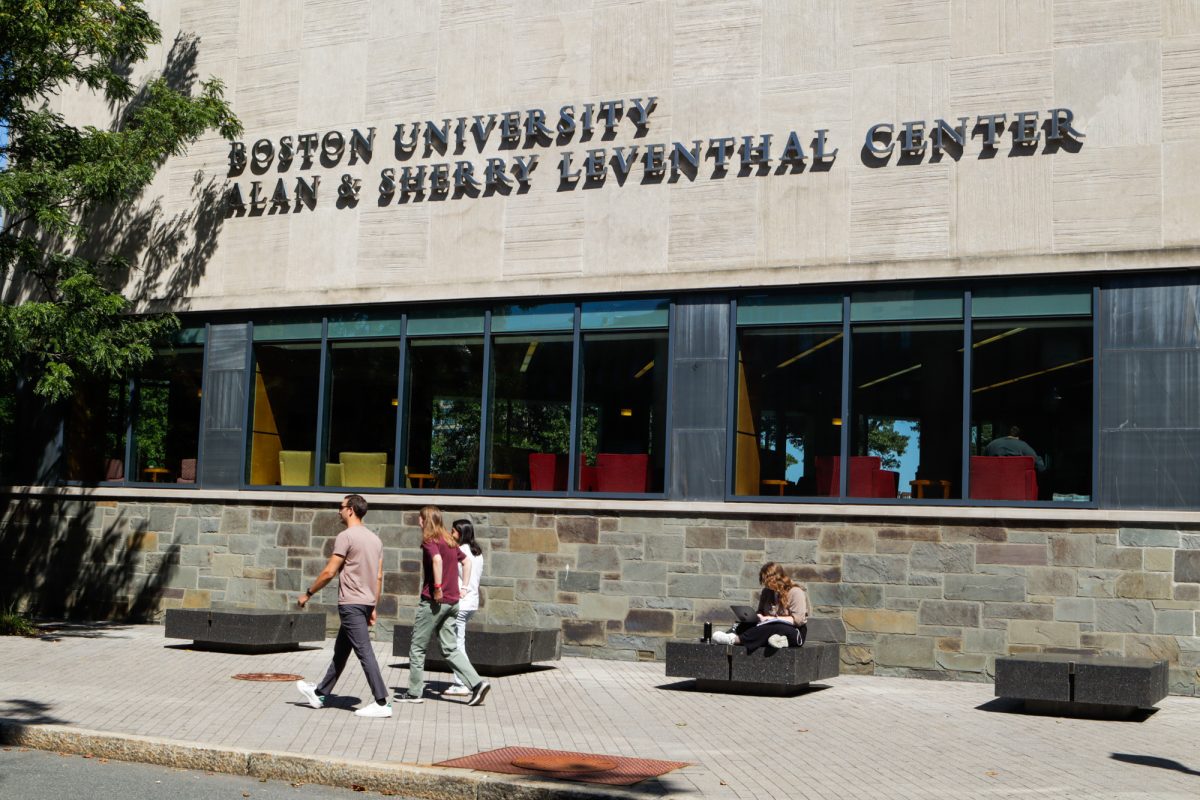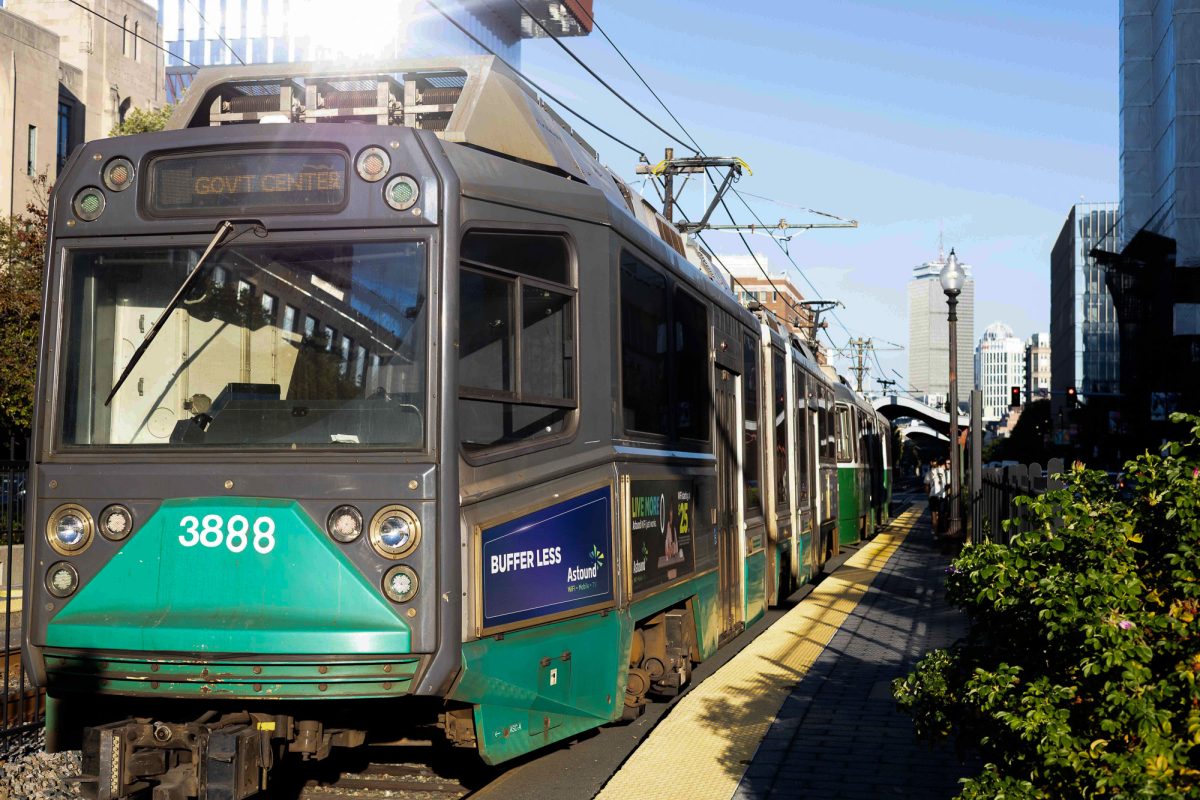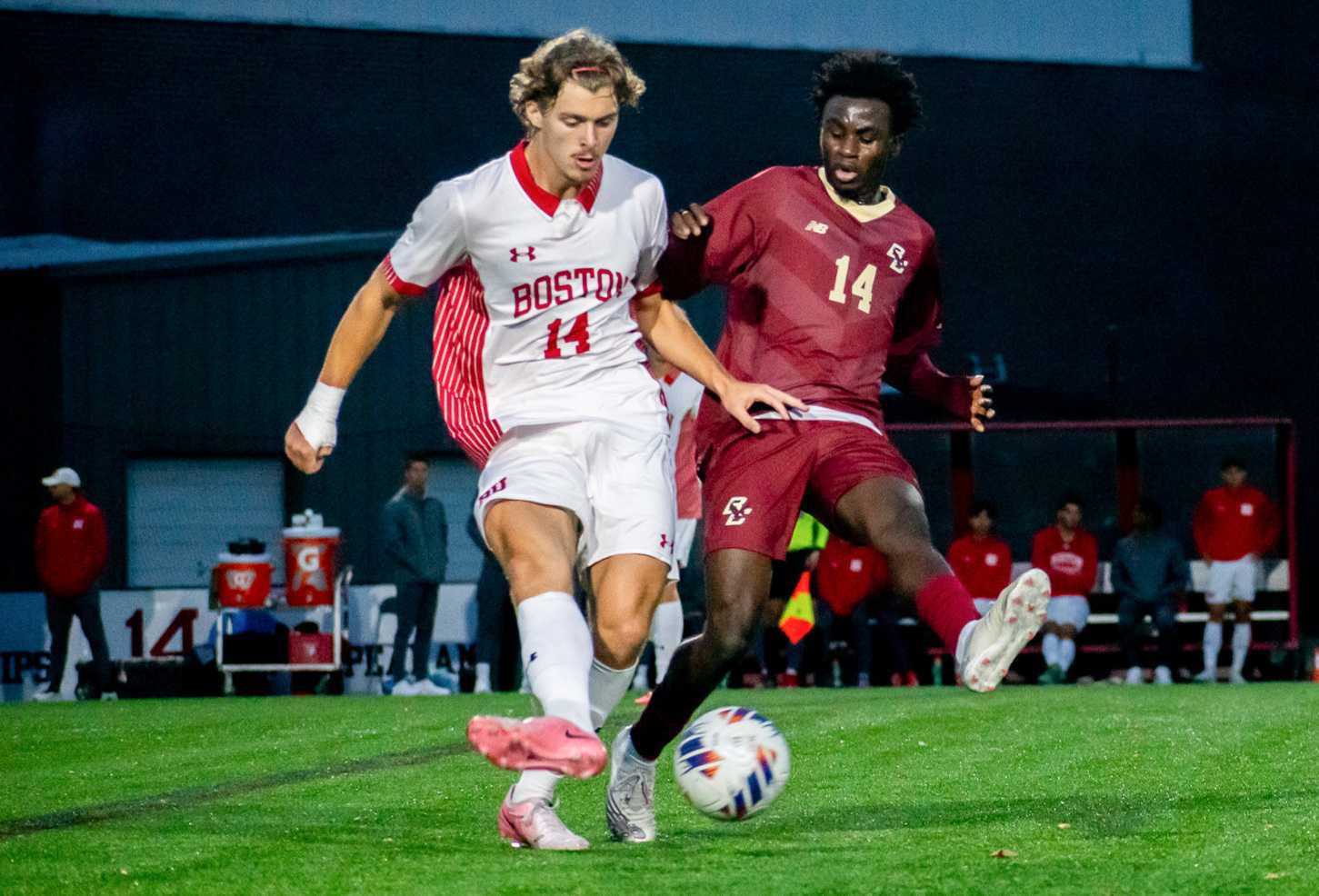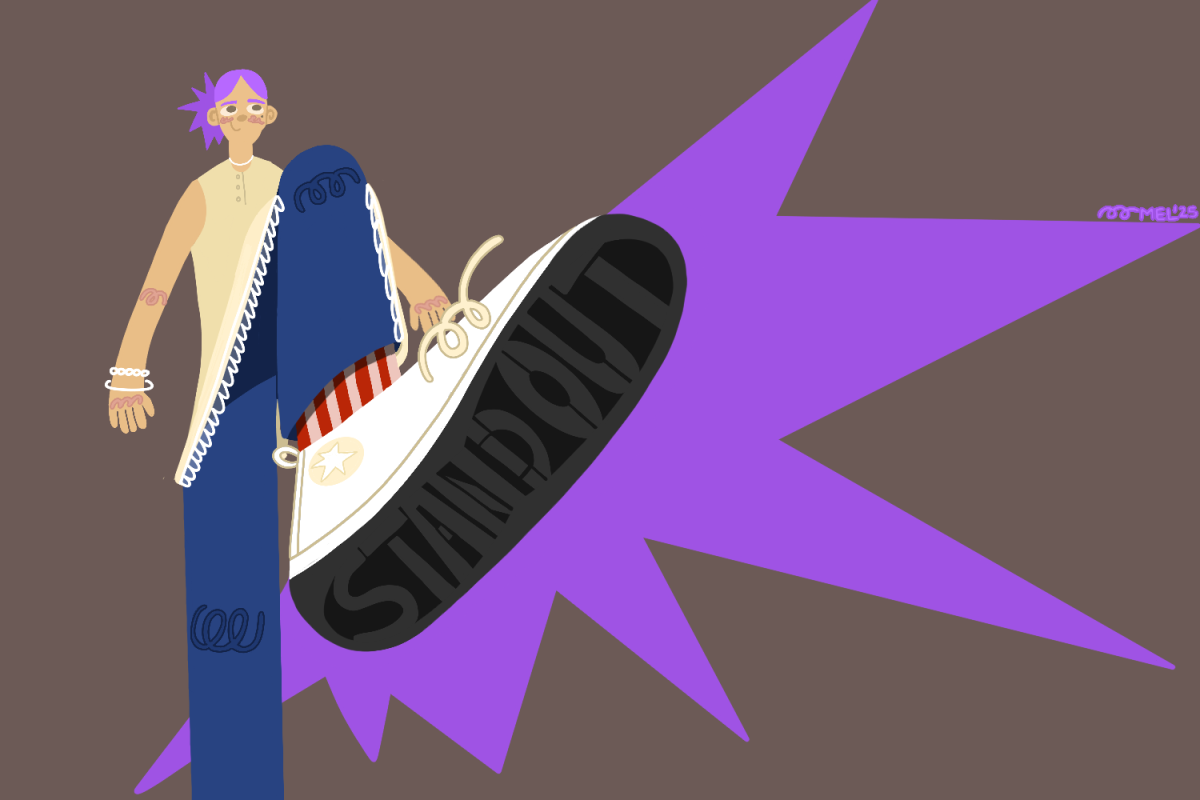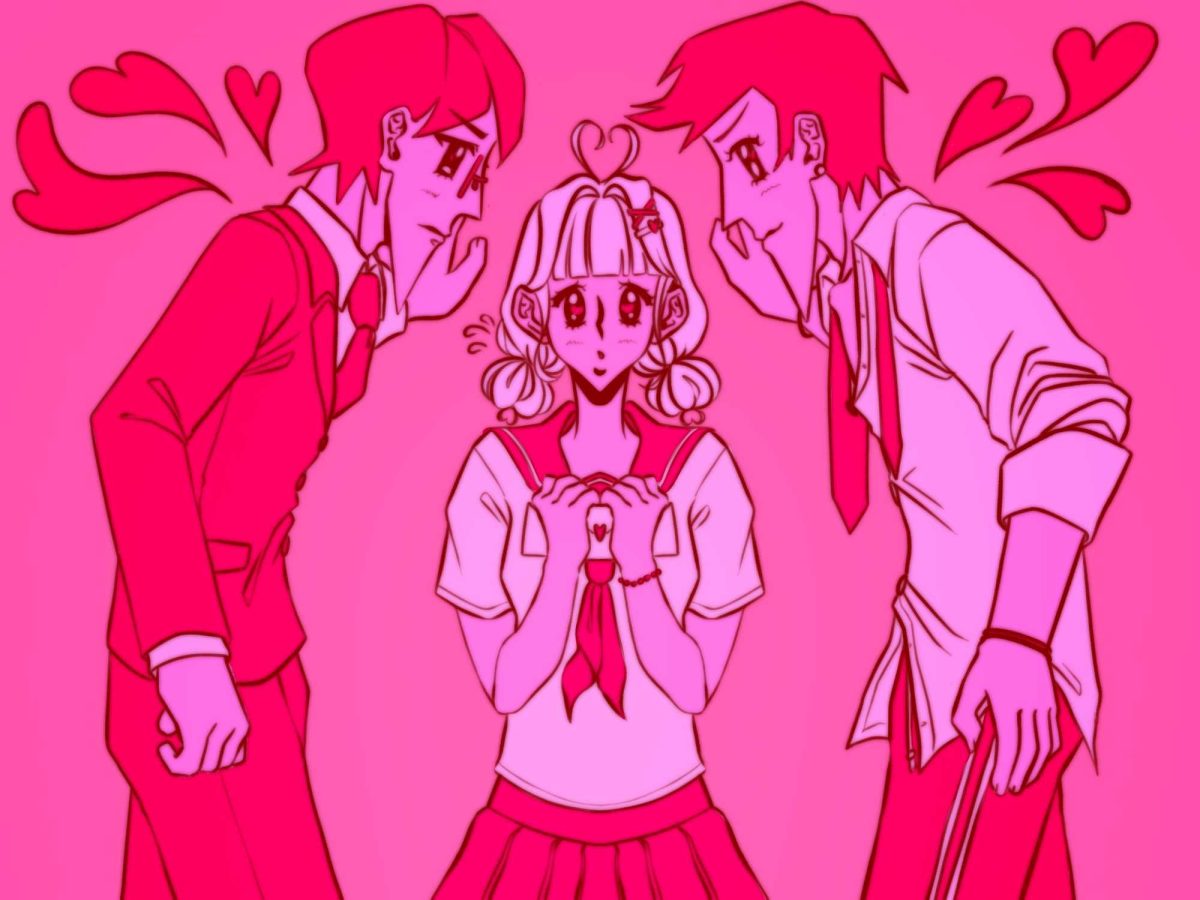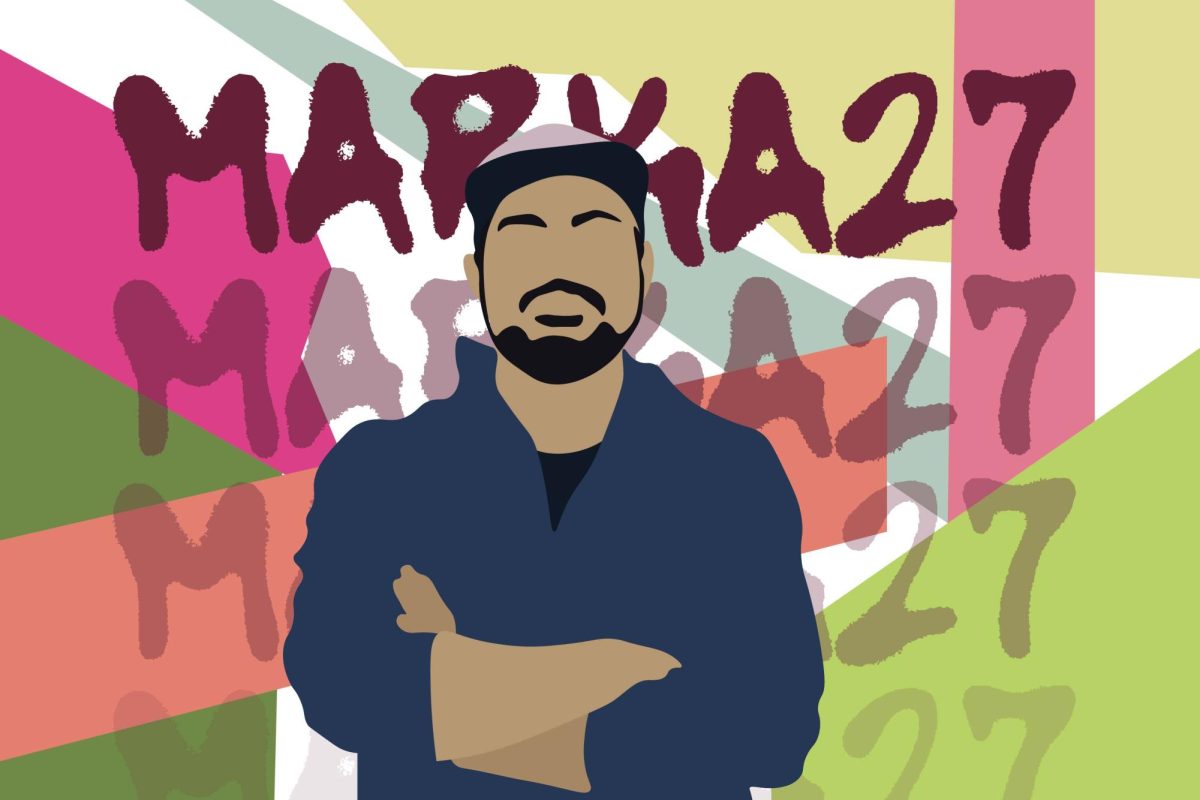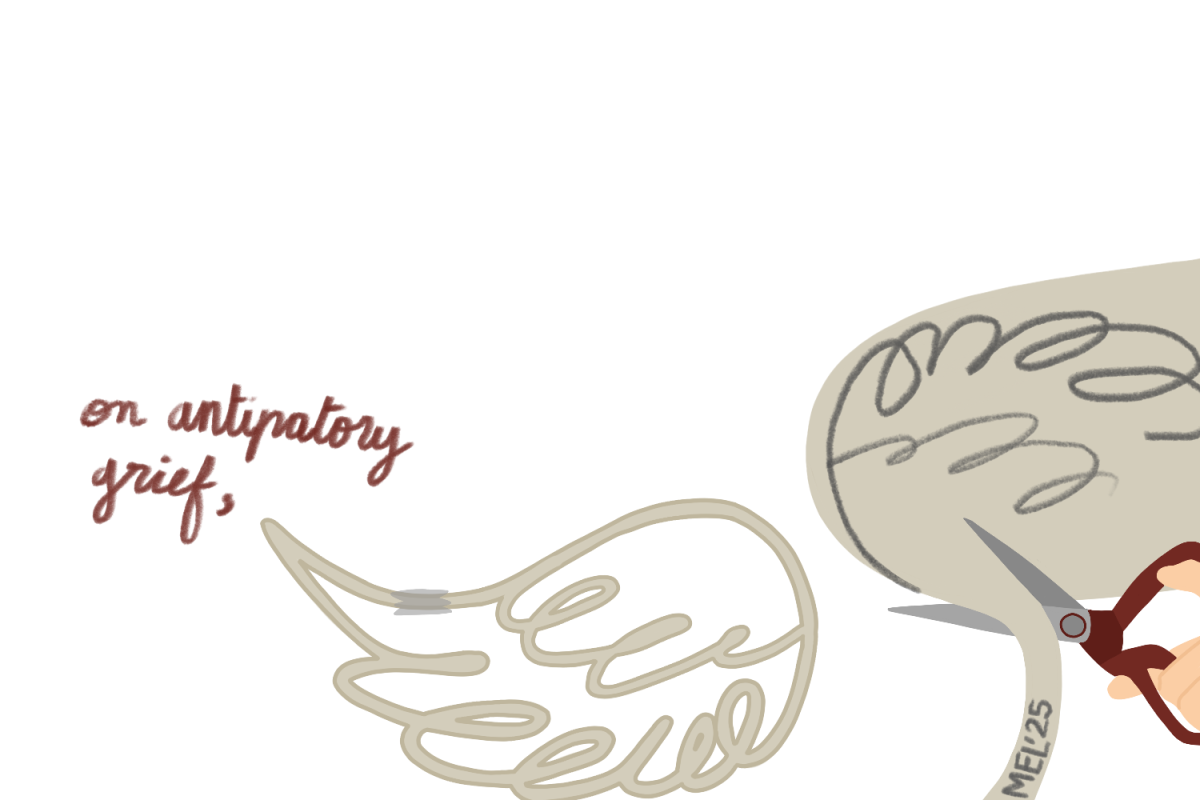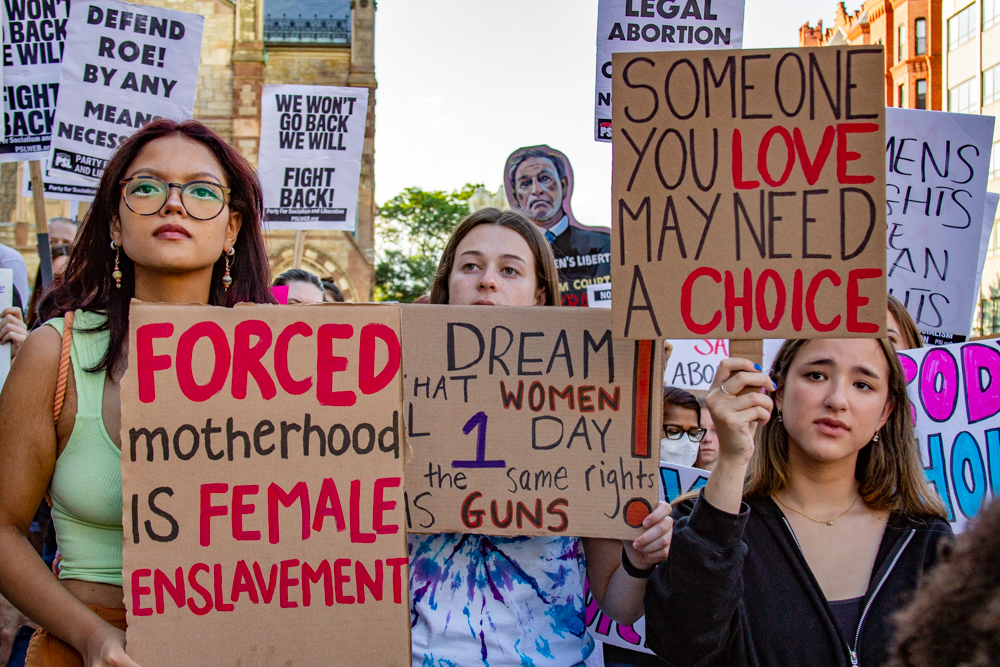
Abortion rights advocates took to the streets of Boston on Friday to protest the Supreme Court’s decision to overturn Roe v. Wade earlier that day.
A crowd gathered at Copley Square at 6 p.m. on June 24 and marched to the Massachusetts State House. Protesters, clutching hand-made signs and shouting demands for legal abortion, blocked all traffic on Boylston Street and Tremont Street while marching to the State House.
While abortion will remain legal in Massachusetts, the Supreme Court’s decision to reverse Roe v. Wade will allow many other states around the country to outlaw abortion. The 1973 court case had previously protected the right to an abortion everywhere in the United States.
Kimberly Barzola, a volunteer organizer with the Boston Liberation Center, rallied the crowd in Copley Square to start the demonstration.
“We refuse to let the right to abortion, the right to our bodies, be taken from us,” Barzola said to the crowd.
Barzola said she felt the reversal of Roe v. Wade was an “absolute travesty” that will make abortion unregulated and unsafe, especially for marginalized groups of people.
Barzola also said the importance of protesting is to invoke a response from the Supreme Court.
“We are going back to the roots of this movement by coming to the streets because we know that the only way we even got this right to begin with in 1973 was by mass mobilization,” Barzola said.
Sarah Moyer, a 20-year-old Northeastern University student who marched alongside protestors, said she felt “hopeless” when she read the Supreme Court decision on Friday morning.
“Seeing stuff like this happen when it’s so against public opinion just makes it so hard to know if anything matters and if there’s anything we can even do,” Moyer said.
Moyer said she thinks the justices’ decisions are not in the best interest of the public.
“They’re making the decision that’s best [for them] politically and based on their religious beliefs, which is not how the government should be run,” Moyer said.
Jocelyn Demos, a 20-year-old Tufts student, said the reversal sets “a terrible precedent” and part of a “larger, terrifying trend.”
“I think, as a trans person, that this really shows that [the Supreme Court] is going to prioritize their beliefs, their ideology,” Demos said. “[They] will try and regulate all queer people and all people, on who they can love and how they can be on a national level.”
Mandy Wilkens, an organizer with Reclaim Rock City, said they were “shocked” by Justice Clarence Thomas’s concurring opinion that stated other landmark cases such as Griswold v. Connecticut, Lawrence v. Texas and Obergefell v. Hodges may be reconsidered along with Roe v. Wade.
Wilkens called contraception, gay marriage and relationships “foundational” in the United States — each of which are protected by the cases in Thomas’s concurring opinion.
“The fact that these can go on the chopping block during a Democratic administration really bothers me,” Wilkens said.
Barzola said she is “sick and tired of waiting” and that people have to take their own initiative to fight for these rights.
“I am just fired up,” Barzola said. “This is a fight that I’m ready and willing to take on because I don’t want this for my future generations. I don’t want it for my nieces. I don’t want it for anyone else.”



